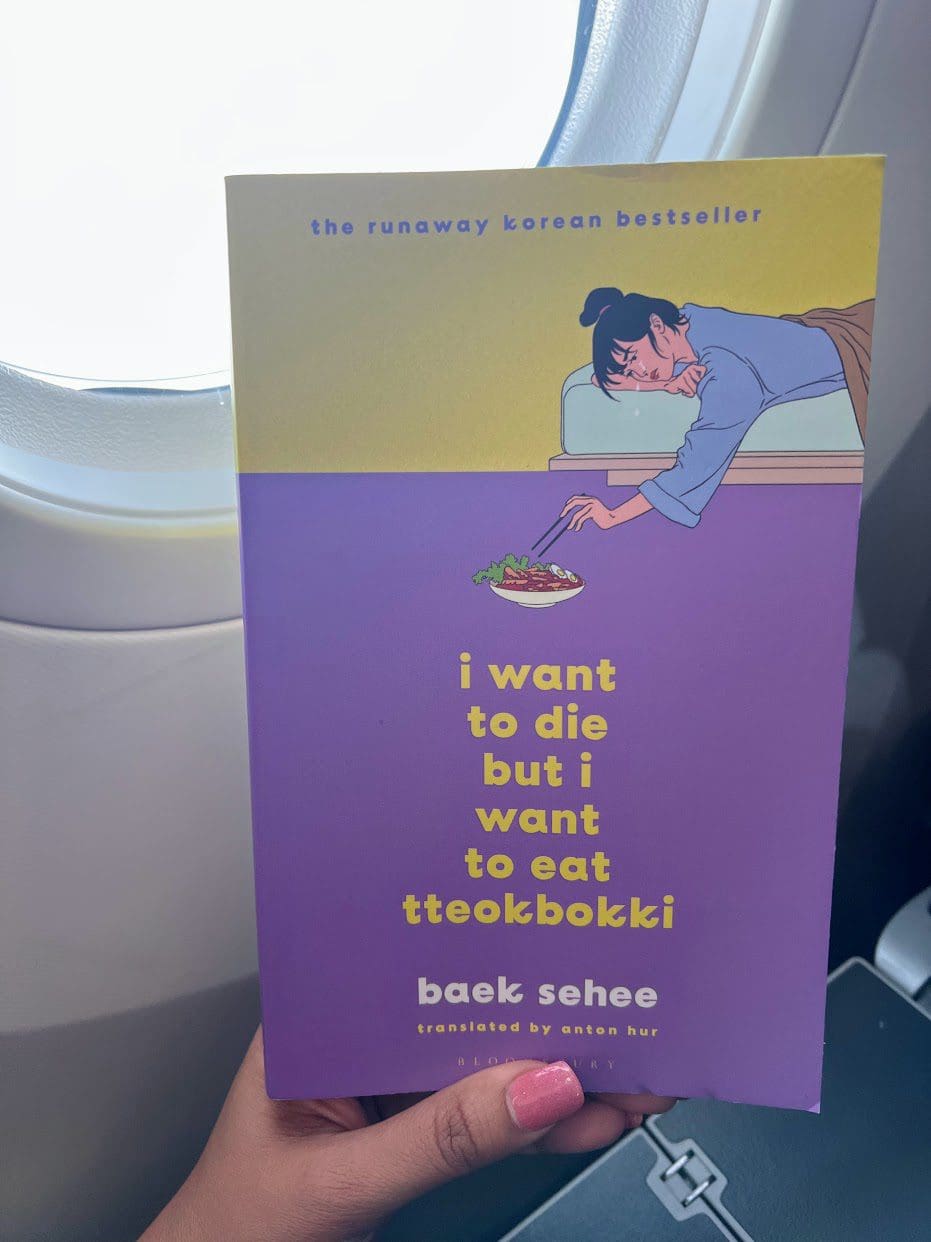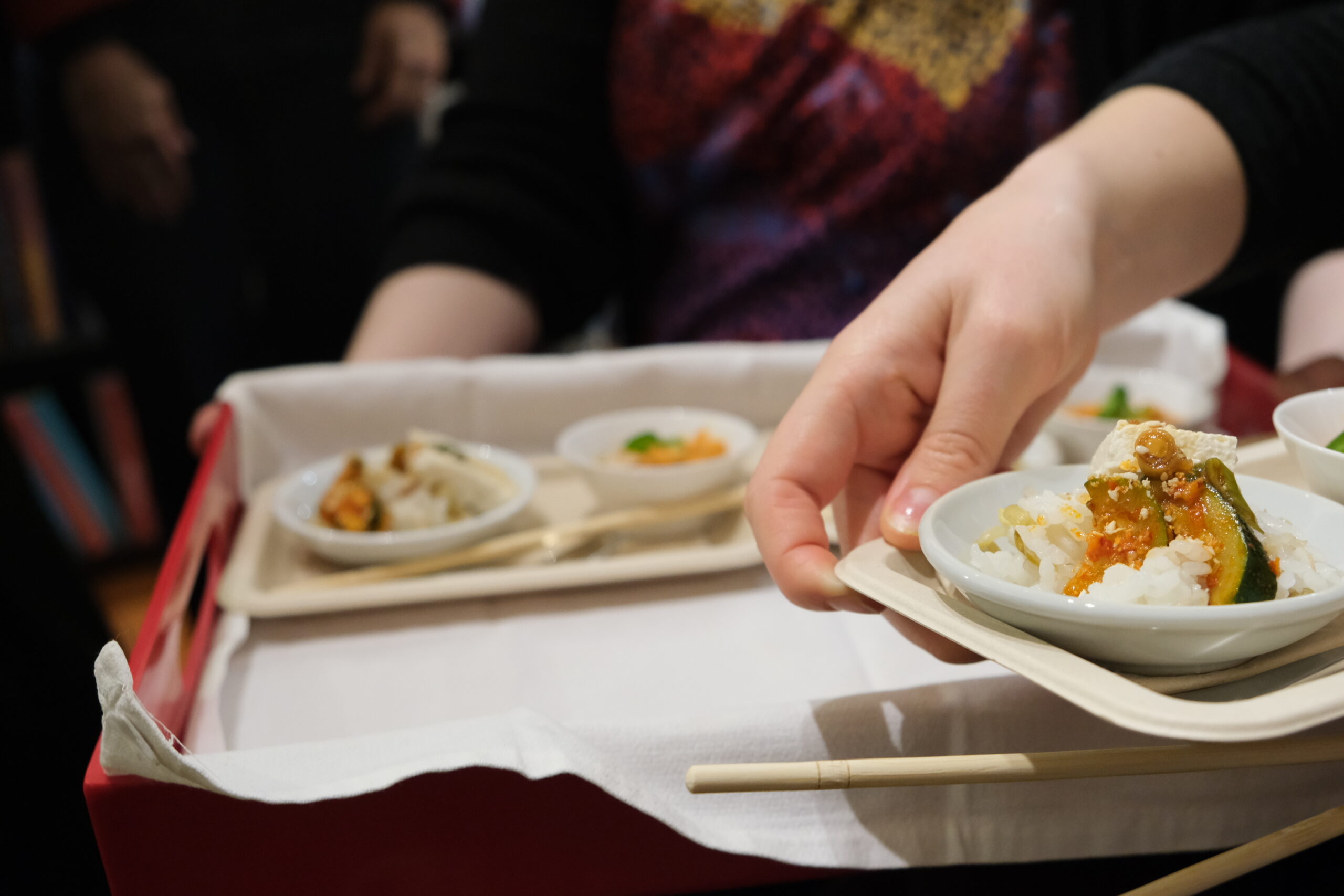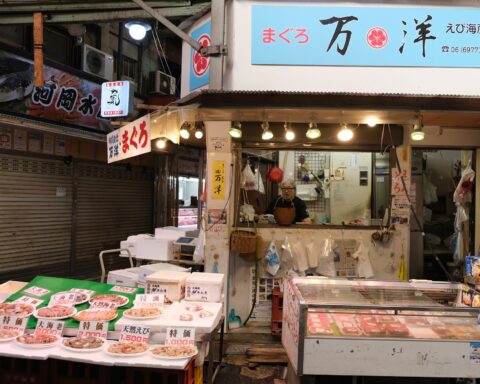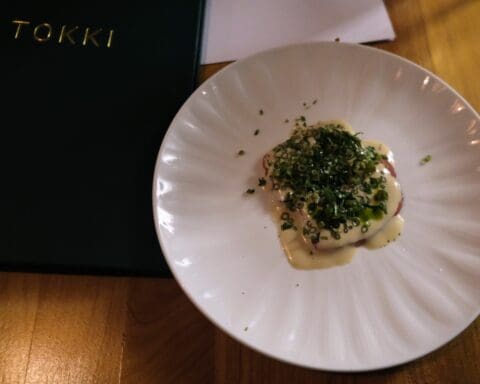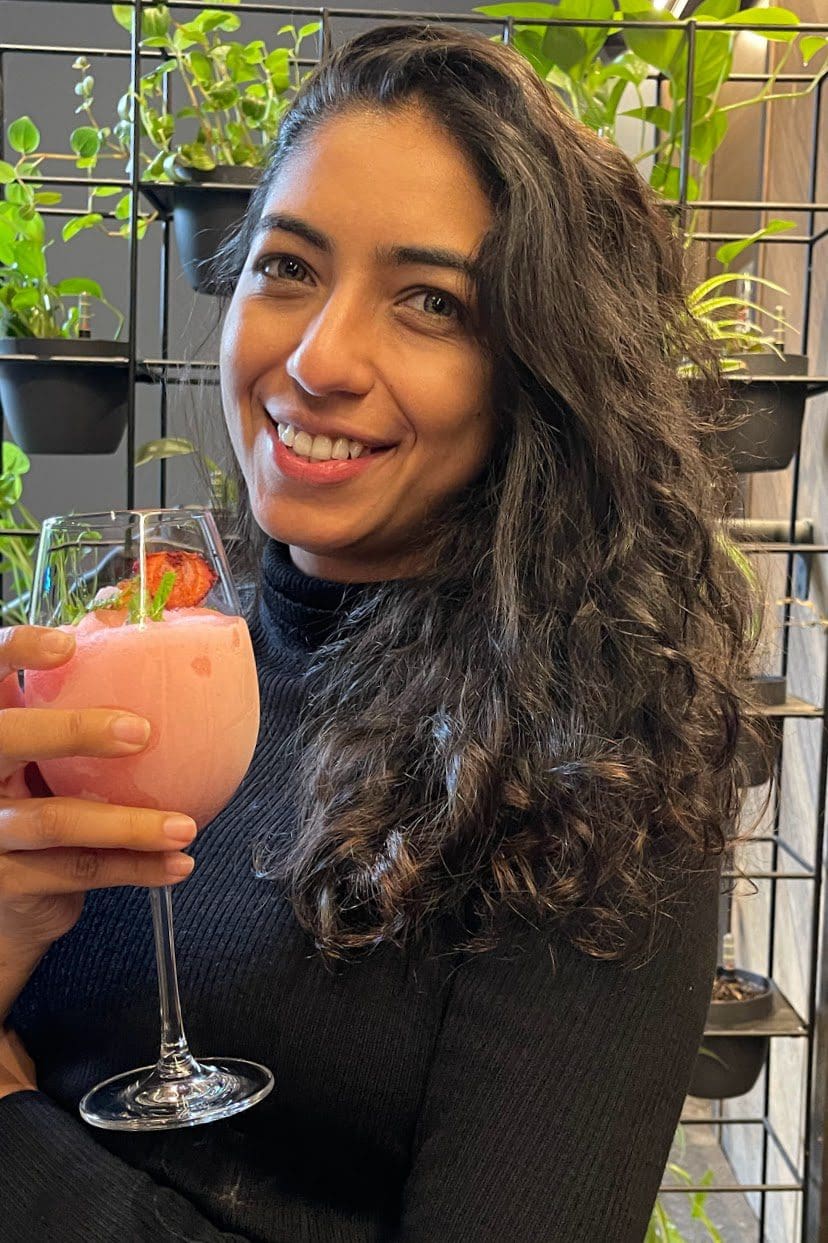Last week, my book club discussed I Want to Die but I Want to Eat Tteokbokki. Most rated it 5 out of 7. I, on the other hand, gave it a 2. And that too, as I later admitted to the group, because I didn’t want to sound too extreme. And here is why:
Firstly, full disclosure I have two copies of I Want to Die but I Want to Eat Tteokbokki (this is my second set of two copies of the same book ━ the first one was Eat Pray Love).
It caught my eye immediately when I first saw it in Gramedia (a local bookstore chain in Indonesia) earlier this year. As someone who has had mental health struggles surfacing thanks to Covid, I can’t think of a more relatable book title than this compared to other books I read in the past few years.
Also, I liked the book cover a lot ━ lot.
I picked up the book thinking it was an open invitation to read and connect with another person’s struggle with mental health. Moreover, I have always loved books that accentuate the cultures of different parts of the world. The title insinuated a window into Korean culture, even if it’s limited to food, even if the food is just Tteokbokki.
Unfortunately, I had a tough time reading it, and at that time, I assumed it was just another foreign language book that wasn’t well translated into Bahasa Indonesia. So I left it, almost unread, back at my parents in Jakarta.
Fast forward to last month, the book club announced I Want to Die but I Want to Eat Tteokbokki as September month’s book, and I thought it was a good enough excuse to get another copy ━ in English this time.
I packed it to be read on my 23 hours flight to London. And I did ━ I finished it, almost. But it was a very challenging read as I couldn’t relate to the main character at all, which I fully acknowledge as more of my problem than her. She is not someone I’d want to get to know at all, which was weird because she has a blog, and as you know, I see bloggers as my tribe.
I Want to Die but I Want to Eat Tteokbokki has been marketed as part memoir and part self-help book. I reflected on whether it had given me any solace ━ nope, I didn’t feel good reading it when I was in a good state of mind, and I’d want to avoid it when struggling with my demons.
Some time back, I read a snippet on an Instagram post about the comfort of being sad ━ the writing in I Want to Die but I Want to Eat Tteokbokki echoes those words back to me. Especially the essays in the later part of the book; it read more like a well-written emo Tumblr blog. Again, something I’d actively avoid.
Secondly, I wonder whether the cultural difference made me unable to empathize with the book’s stories and voices. Everyone in my book club agreed on this, but more about the therapist than the author. Meanwhile, I just can’t with both. Then again, empathy has never been a strong suit of mine ━ so maybe this is another me-problem than the book/author.
Speaking of Tteokbokki
Lastly, and equally as important, where were the Tteokbokki parts? I don’t remember Tteokbokki mentioned in the writing itself, but I could be wrong as I skipped a few draggy conversations and pages here and there, including the essays. I could only recall Tteokbokki mentioned twice ━ both on the covers. The front cover referred to it as a spicy rice cake ━ three words, and the back cover said it’s the author’s favourite food, but why not dedicate at least a paragraph, if not a page, about Tteokbokki ━ especially since it was mentioned on the title and is the author’s fave food?
Now, if you landed on this blog searching about Tteokbokki:
Tteokbokki is one most known and loved street food in Korea. This delicious dish is made of chewy rice cakes (looks like penne pasta sans the hole), fish sauce, soup, egg and Korean spices. The most common spice is Gochujang, which adds spiciness to the dish. Tteokbokki is usually served piping hot with various garnishes and eaten with a pair of chopsticks. Eating it right there and there is best if you order it on the street. New variations of Tteokbokki were born due to the increasing popularity of Tteokbokki; the last time I had it, it was with cheese from a Korean restaurant in Melbourne. Such great comfort food during wintertime.
